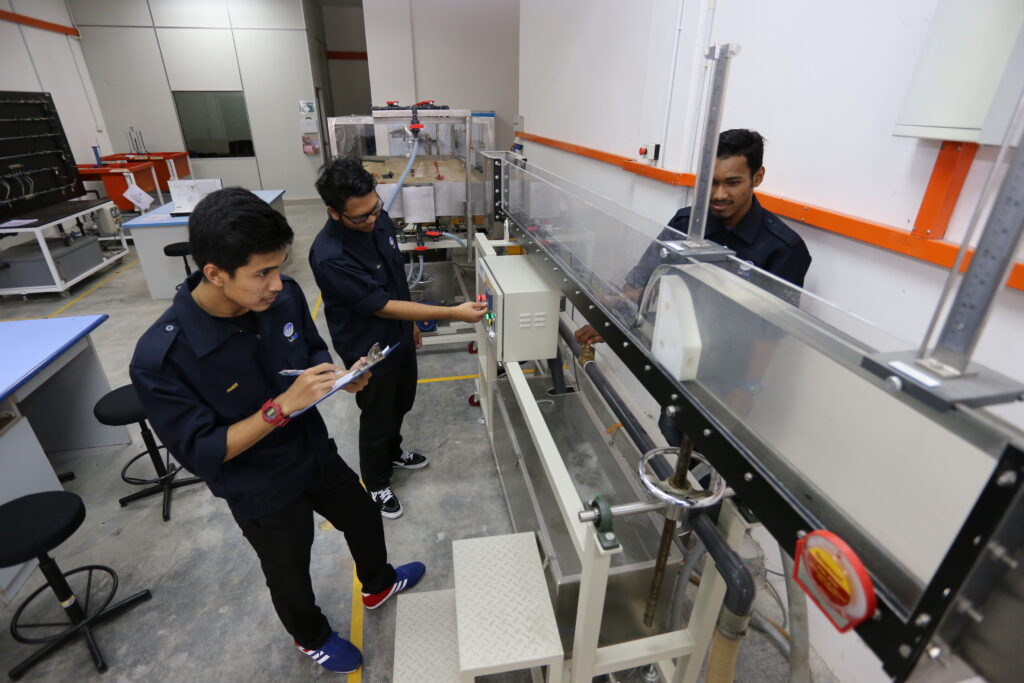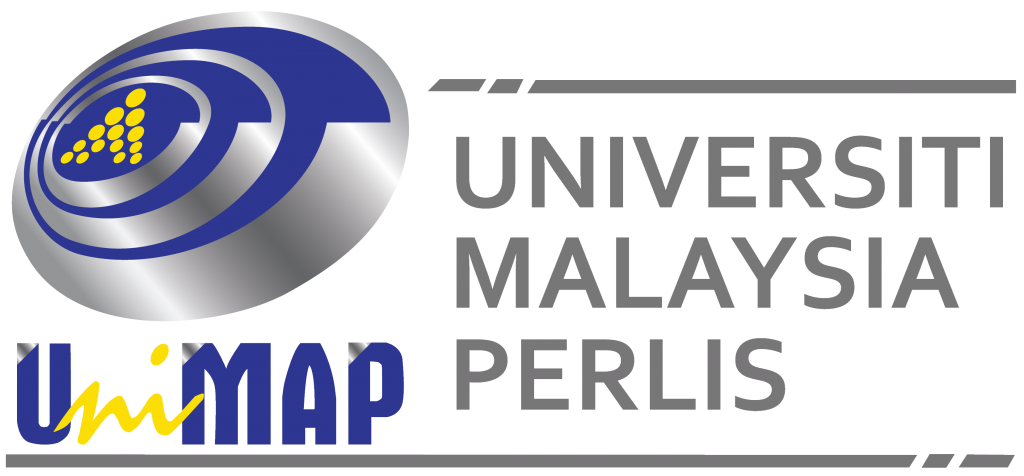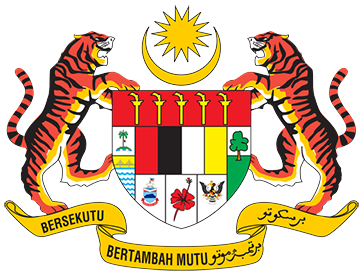Master of Science (Electrical Power Engineering)
Sarjana Sains (Kejuruteraan Elektrik Kuasa)
- Overview
- Subject
- Fees / Entry Requirement
The Master of Science in Electrical Power Engineering programme is designed to bring an up to date knowledge and competency in electrical power engineering for those who eager to play a leadership role in the internationally fast growing sectors of power engineering and energy.The programme covers a wide range of electrical power engineering including, advance power systems, high voltage engineering, renewable energy, advanced power electronics and drives.The offered courses aim firstly to give a broad-based understanding of Electrical Power Engineering followed by an in-depth study of topics covering modern technology to enable you to gain employment as a professional engineer within this field or provide you with the skills you need to become an effective researcher.
Students will have to register and pass a certain number of taught courses as partial fulfilment of the graduation requirements. In addition, they will have to prepare a dissertation for the remaining partial fulfilment of the graduation requirements. The courses and dissertation are of equal weightage. Consist of Core Courses (14 Credit Hour), Elective Courses (6 Credit Hour) and Dissertation (20 Credit Hour)
- Research Methodology (Core Course)
- Advanced Power System Analysis & Control (Core Course)
- Power System Protection (Core Course)
- Advanced Power Electrical Drives (Core Course)
- Insulation Coordination & HV Testing (Elective Course)
- Distributed Generation (Elective Course)
- Power System Optimization (Elective Course)
- Artificial Intelligence Application in Power System (Elective Course)
- Lightning Protection & Grounding System (Elective Course)
- Economic Operation of Power Systems (Elective Course)
Click button below for more details on education fees and entry requirements.
- Programme Objectives (PEO)
- Programme Outcome (PO)
1
Graduates who apply extended knowledge and skills in areas of specific expertise for career advancements
2
Graduates who contribute professionally to social, technological and economic development both nationally and/or internationally
3
Graduates who exemplify self-advancement through continuous academic and/or professional development
1
Demonstrate continuing and advanced knowledge in Electrical Power and have the capabilities to further develop or use these in new situations or multi-disciplinary contexts.
2
Analyse and evaluate problems in the Electrical Power discipline critically particularly in situations with limited information and to provide solutions through the application of appropriate tools and techniques.
3
Appraise available information and research evidence and apply it in the Electrical Power engineering context.
4
Plan and perform research undertakings professionally, ethically and responsibly.
5
Report technical findings in both written and oral forms.
6
Recognise the needs for continuing professional development in Electrical Power.

Quick Points
Campus:
Kampus Alam Pauh Putra, Perlis
Programme Code:
MM07
Specialisation:
Electrical Power Engineering
Study Level:
Intake:
April & October
Duration:
Full Time Study: Minimum 1 Years, Maximum 3 YearsPart Time Study: Minimum 2 Years, Maximum 5 Years
- Overview
The Master of Science in Electrical Power Engineering programme is designed to bring an up to date knowledge and competency in electrical power engineering for those who eager to play a leadership role in the internationally fast growing sectors of power engineering and energy.The programme covers a wide range of electrical power engineering including, advance power systems, high voltage engineering, renewable energy, advanced power electronics and drives.The offered courses aim firstly to give a broad-based understanding of Electrical Power Engineering followed by an in-depth study of topics covering modern technology to enable you to gain employment as a professional engineer within this field or provide you with the skills you need to become an effective researcher.
Career Path
Subject
Students will have to register and pass a certain number of taught courses as partial fulfilment of the graduation requirements. In addition, they will have to prepare a dissertation for the remaining partial fulfilment of the graduation requirements. The courses and dissertation are of equal weightage. Consist of Core Courses (14 Credit Hour), Elective Courses (6 Credit Hour) and Dissertation (20 Credit Hour)
- Research Methodology (Core Course)
- Advanced Power System Analysis & Control (Core Course)
- Power System Protection (Core Course)
- Advanced Power Electrical Drives (Core Course)
- Insulation Coordination & HV Testing (Elective Course)
- Distributed Generation (Elective Course)
- Power System Optimization (Elective Course)
- Artificial Intelligence Application in Power System (Elective Course)
- Lightning Protection & Grounding System (Elective Course)
- Economic Operation of Power Systems (Elective Course)
Fees / Entry Requirement
Click button below for more details on education fees and entry requirements.
Programme Objectives (PEO)
1
Graduates who apply extended knowledge and skills in areas of specific expertise for career advancements
2
Graduates who contribute professionally to social, technological and economic development both nationally and/or internationally
3
Graduates who exemplify self-advancement through continuous academic and/or professional development
Programme Outcome (PO)
1
Demonstrate continuing and advanced knowledge in Electrical Power and have the capabilities to further develop or use these in new situations or multi-disciplinary contexts.
2
Analyse and evaluate problems in the Electrical Power discipline critically particularly in situations with limited information and to provide solutions through the application of appropriate tools and techniques.
3
Appraise available information and research evidence and apply it in the Electrical Power engineering context.
4
Plan and perform research undertakings professionally, ethically and responsibly.
5
Report technical findings in both written and oral forms.
6
Recognise the needs for continuing professional development in Electrical Power.



